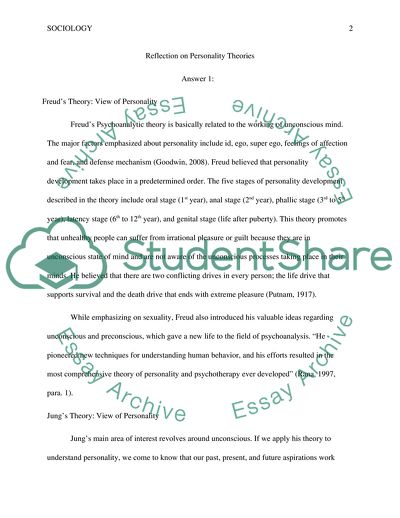Cite this document
(Reflection on Personality Theories Report Example | Topics and Well Written Essays - 1750 words, n.d.)
Reflection on Personality Theories Report Example | Topics and Well Written Essays - 1750 words. https://studentshare.org/sociology/1860457-reflection-on-personality-theories-psychoanalysis-analytic-psychology-individual-psychology
Reflection on Personality Theories Report Example | Topics and Well Written Essays - 1750 words. https://studentshare.org/sociology/1860457-reflection-on-personality-theories-psychoanalysis-analytic-psychology-individual-psychology
(Reflection on Personality Theories Report Example | Topics and Well Written Essays - 1750 Words)
Reflection on Personality Theories Report Example | Topics and Well Written Essays - 1750 Words. https://studentshare.org/sociology/1860457-reflection-on-personality-theories-psychoanalysis-analytic-psychology-individual-psychology.
Reflection on Personality Theories Report Example | Topics and Well Written Essays - 1750 Words. https://studentshare.org/sociology/1860457-reflection-on-personality-theories-psychoanalysis-analytic-psychology-individual-psychology.
“Reflection on Personality Theories Report Example | Topics and Well Written Essays - 1750 Words”. https://studentshare.org/sociology/1860457-reflection-on-personality-theories-psychoanalysis-analytic-psychology-individual-psychology.


